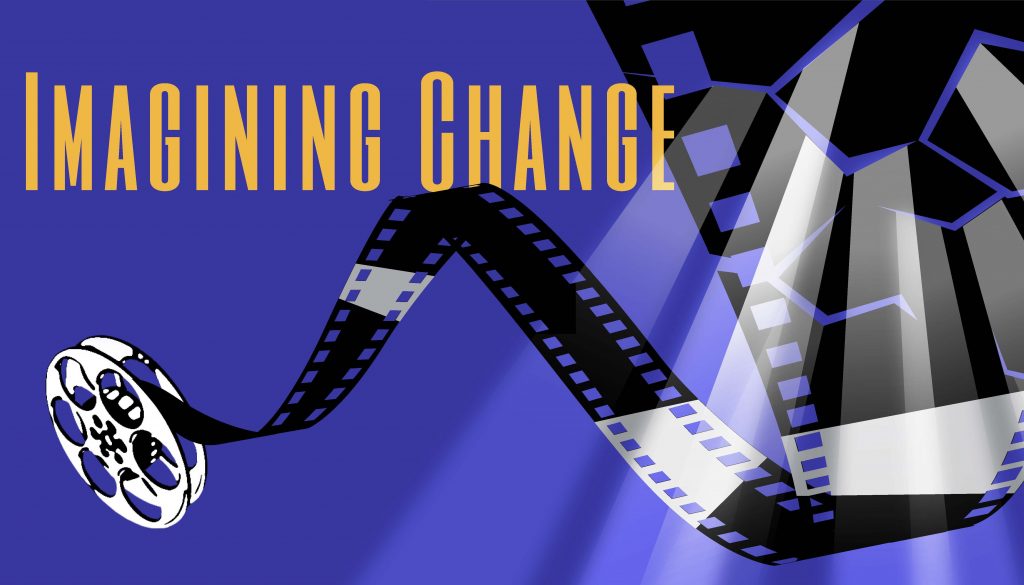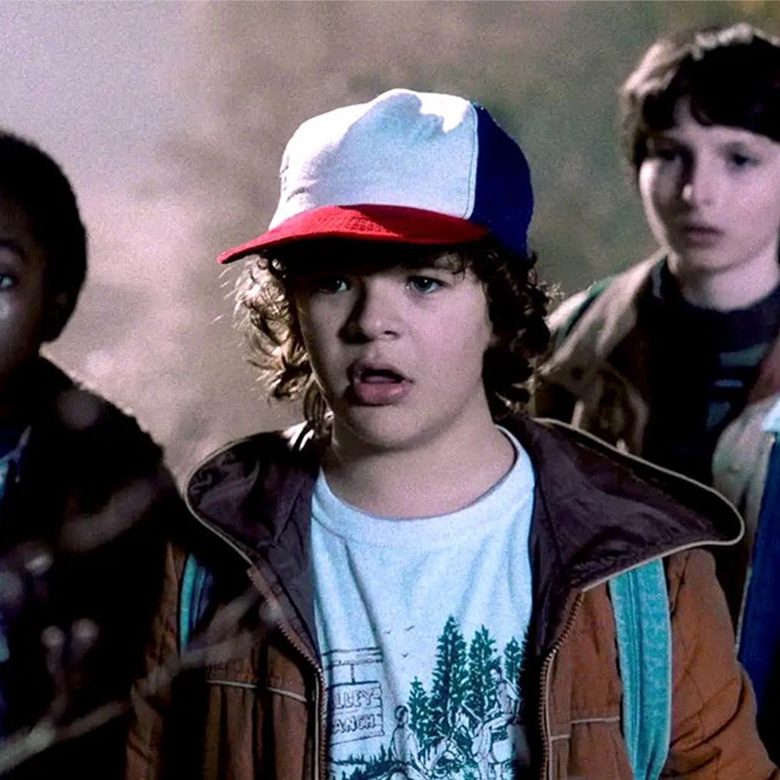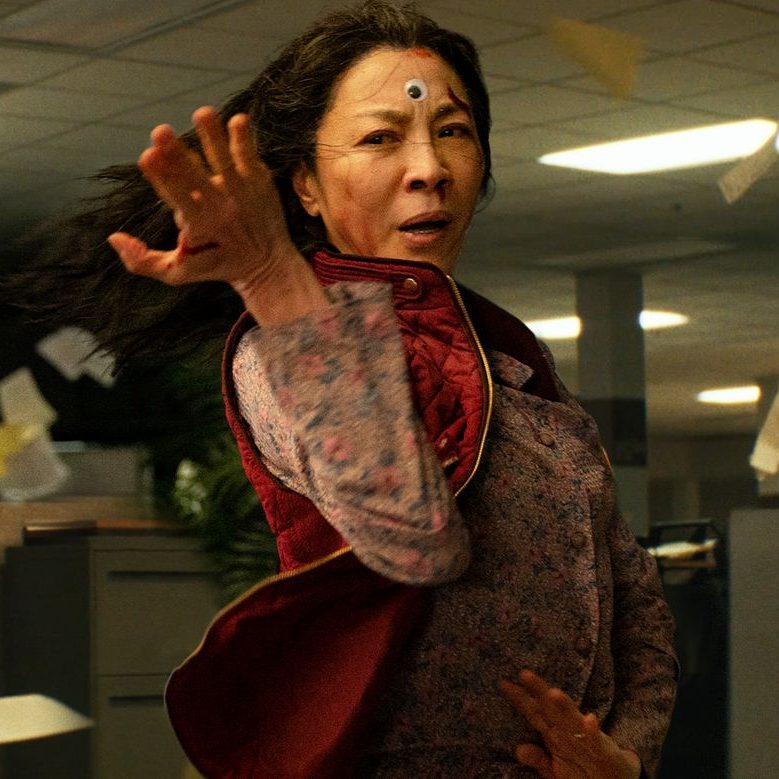Beginning in Fall 2020, UCLA hosted the “Imagining Change: Film and Dialogue About Disability, Racism, Violence, Gender and Power,” a series of six virtual screenings that explored themes related to disability, race and racism, healthcare, violence, policing and incarceration, economic justice, law and policy, gender and sexual politics, protest, and social change. Each film screening included a panel discussion with filmmakers, activists, and scholars that invited participants into deeper dialogue about the films’ themes.
The series was a collaboration between Repair, the Saks Institute for Mental Health Law, Policy & Ethics at USC Gould School of Law, and UCLA Disability Studies. We invite you to explore the six films in the series below.
UCLA Disability Studies and the Inclusion Labs have explored film and disability representation in multiple venues, including the 2017 Disability as Spectacle Conference, 2019 Autism Media Lab, and a recent screening and panel discussion on Sound of Metal & Deaf Representation.
Excited to explore these films? It’s not to late to participate! Join us on August 11th, 2021 for the final film screening, Deaf Jam. Connect with us to stay up to date on this and all future events!
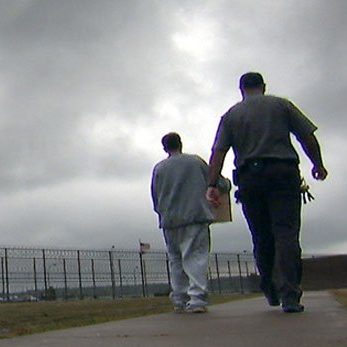
“The Released,” produced by Miri Navasky and Karen O’Conner for PBS Frontline. This film focuses on the cyclical release and re-incarceration of people with mental disabilities in the U.S
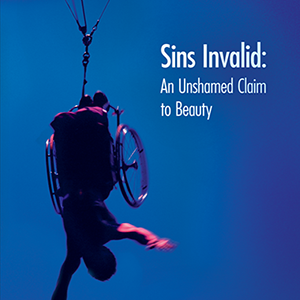
“Sins Invalid: An Unshamed Claim to Beauty,” distributed by New Day Films. This film documents the work of Sins Invalid, a performance project that incubates and celebrates artists with disabilities, centralizing artists of color and queer and gender-variant artists. Since 2006, its performances have explored themes of sexuality, beauty, and the disabled body, impacting thousands through live performance.
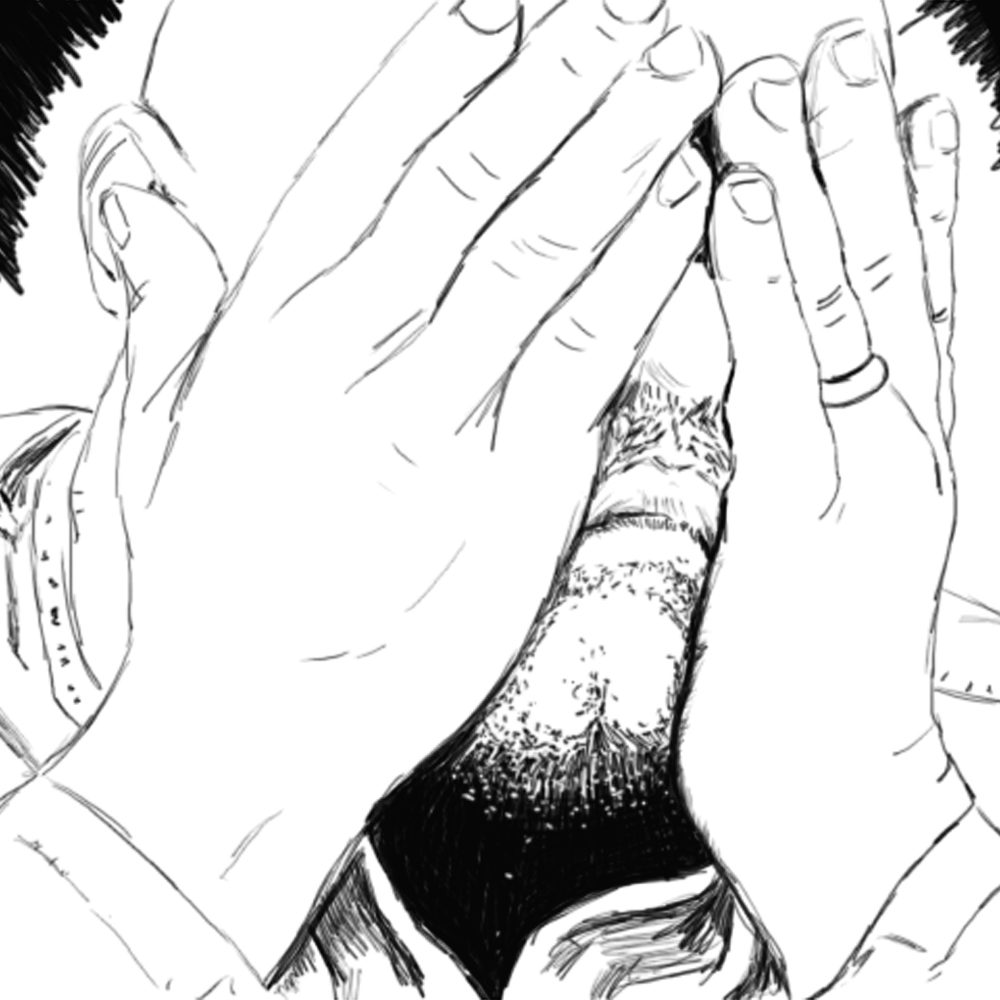
“Last Day of Freedom,” directed by Dee Hibbert-Jones and Nomi Talisman. Created from over 32,000 hand-drawn images, this Oscar-nominated animated documentary follows Bill as he struggles with a decision to stand by his brother, a Veteran returning from war who faces racism, criminal charges, and ultimately the death penalty.
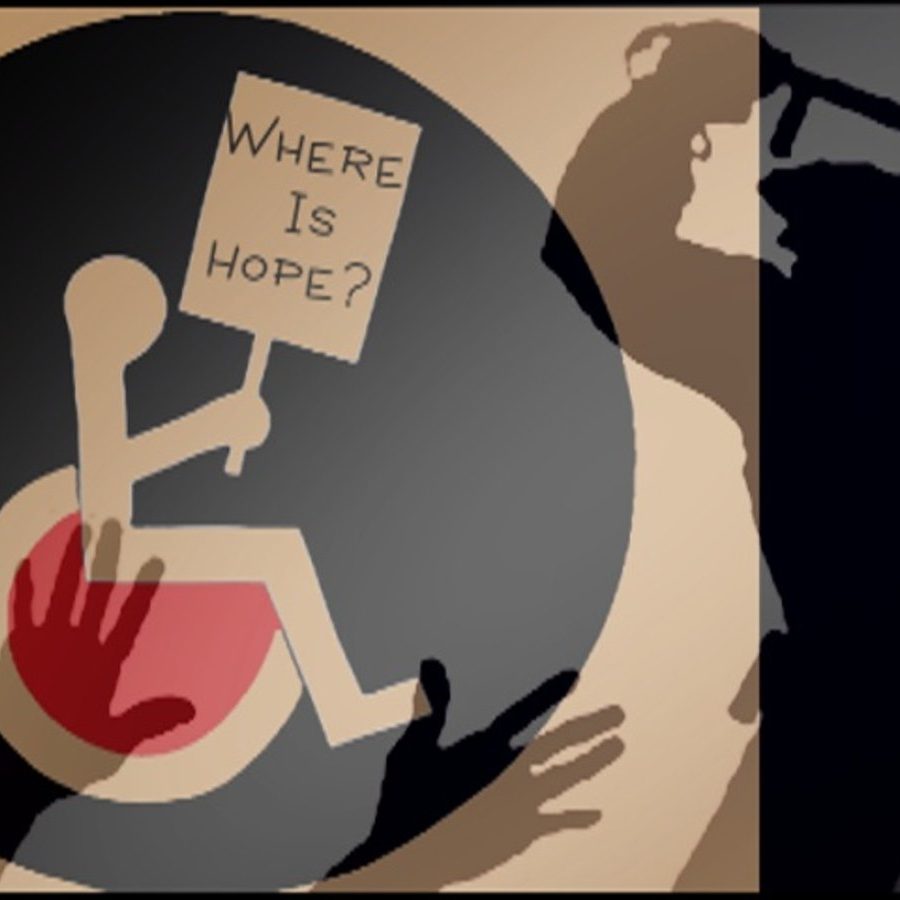
“Where is Hope: The Art of Murder,” directed by Emmitt H. Thrower. “Where is Hope” chronicles disabled victims murdered by police as well as the activists/artists who are fighting to end police brutality against people with disabilities. It is estimated that over 50 percent of the victims of police brutality and police killings nationally have a disability that contributed to the incident. Disability is glazed over or not recorded in the official police reports. The film explores the work of many disabled activists and artists/activists around this issue, especially involving disabled people of color.
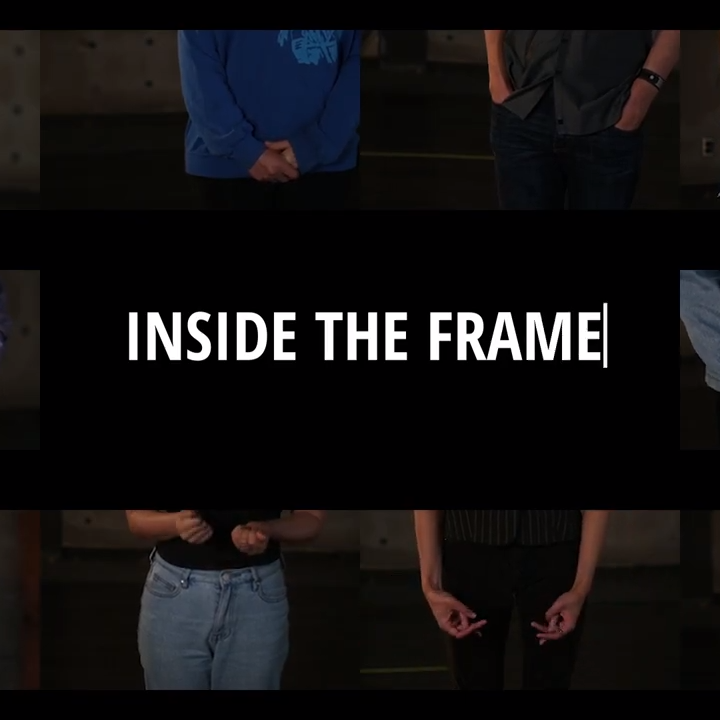
“what Billy couldn’t say,” “Let Me Explain,” and “Inside the Frame,” three documentaries produced through the Autism Media Lab. These student-made documentaries explore the barriers to inclusion and recognition of autistic individuals in health care and policing.
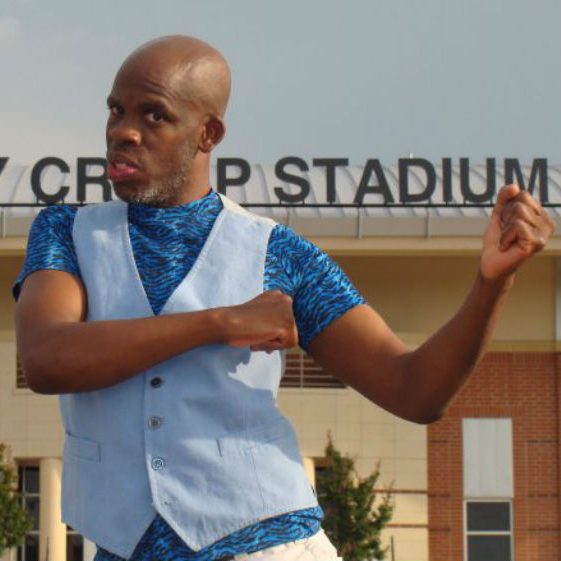
“Disability & Cultural Activism,” directed by Emmitt Thrower. This documentary starring Leroy F. Moore Jr., the founder of Krip Hop Nation, takes you on a journey of cultural activism by disabled abled artists. It chronicles the efforts of poet/artist/activist Leroy Moore in creating a mixtape CD around the issue of Police Brutality Against People with Disabilities.
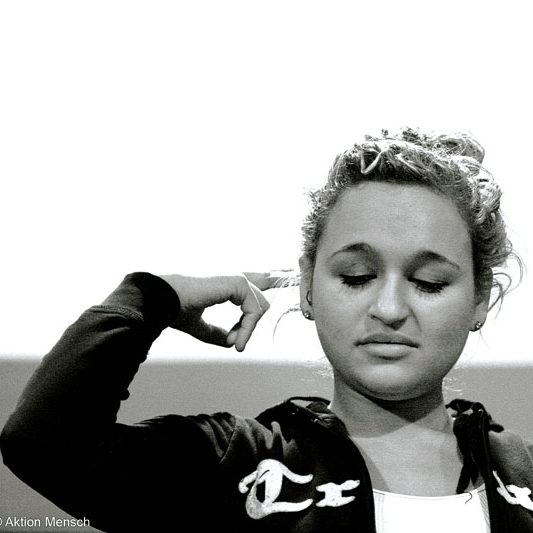
“Deaf Jam,” documents Deaf teen Aneta Brodski’s bold journey into the spoken word slam scene. Aneta, an Israeli immigrant living in the Queens section of New York City, meets Tahani, a hearing Palestinian slam poet. The two women embark on a collaboration creating a new form of slam poetry that speaks to both hearing and Deaf communities.
